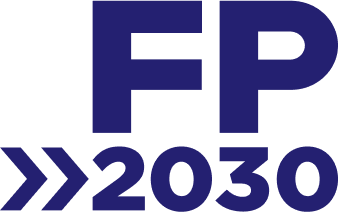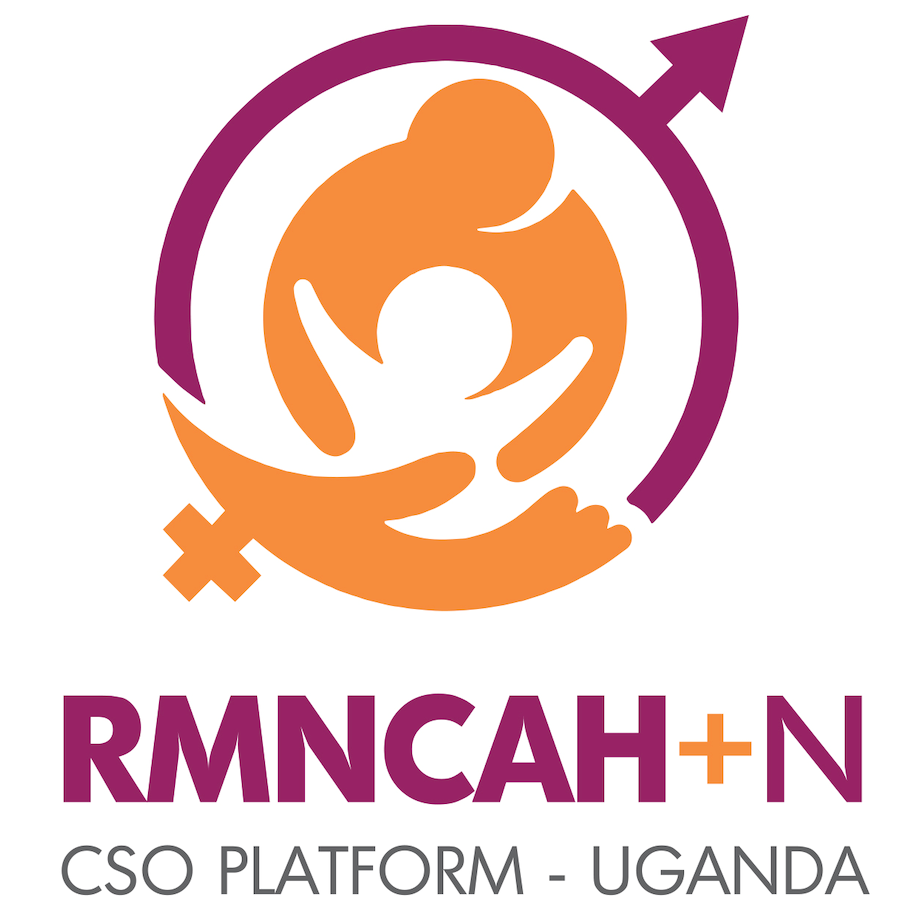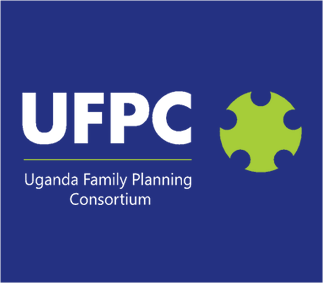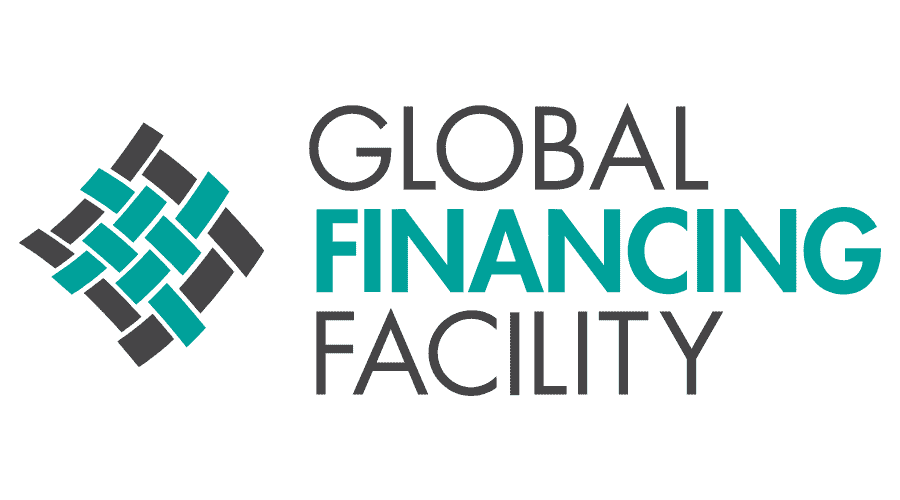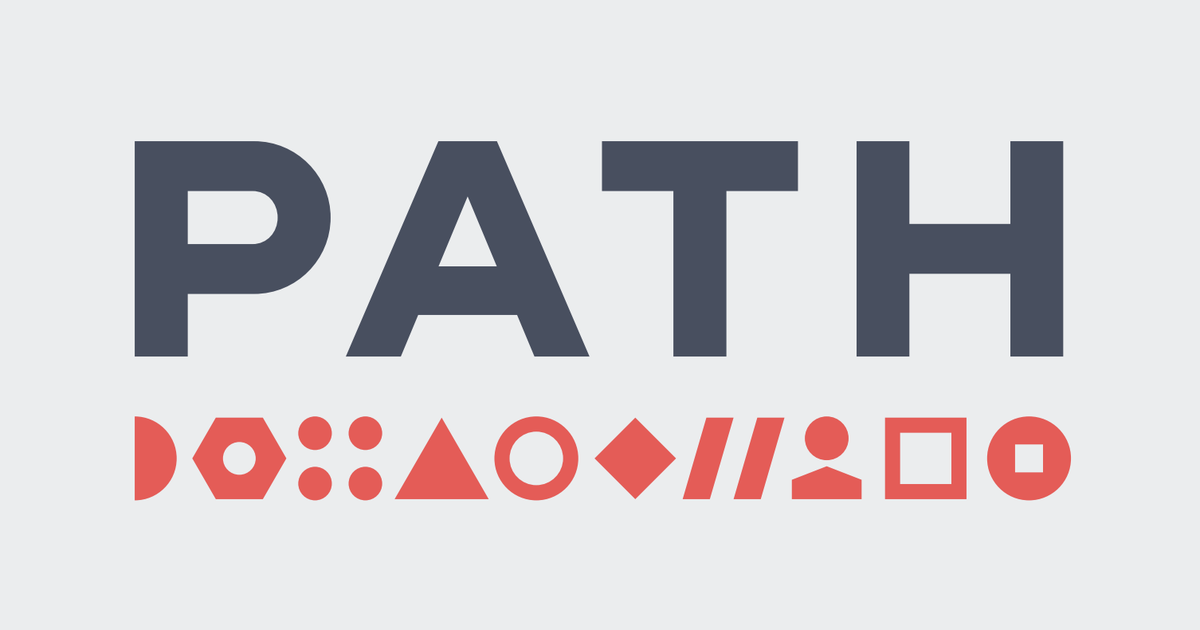Limited Resources Affecting Family Planing uptake
In Summary
of the required US $ 33 million for procurement of Family Planning commodities, only US $ 14 million was raised from both domestic and external resources, leaving a deficit of 18 million US dollars.
Limited allocation of funds to facilitate procurement of family planning commodities is affecting the uptake of family planning services among the population.
His eminence deputy Mufti Sheikh Ali Waiswa the Vice chairperson of the Board of Directors Faith for Family Health- 3FHI says the current funding deficit of US Dollars 18 million , has made several Family Planning users to miss out on the commodities that they need.
According to landscape study findings on domestic funding for family planning commodities and supplies, of the required US $ 33 million for procurement of Family Planning commodities, only US $ 14 million was raised from both domestic and external resources, leaving a deficit of 18 million US dollars.
The study was conducted by Faith for Family Health Initiative-3FHi. Speaking during the release of the findings, Sheikh Waiswa added that the high dependency on donors has also made financing of FP commodities unsustainable.
“ Since 2018, the government of Uganda has been procuring FP commodities using the loan sourced from Global financing facility-GFF. The facility however, came to an end last year 2022 but there is no clear indication of where domestic resources for FP commodities will come from” Sheikh Waiswa revealed.
During the financial year 2021/2022 , the domestic financing of US –Dollar 2,752,359 came from a loan from the Global Financing Facility to the government. External funding included USD 3,973,263 from UNFPA, USAID forked out USD 4,658,850, while the Global Fund support amounted to USD 2,939,589.
Charity Kirabo, a health economist who presented the findings, noted that a year after the government launched the FP 2030 commitments, there is still no allocation for procurement of FP in the NMS/Vote 116 under output 15.
In response the Government, committed to continue funding family planning programs as donors stop funding this activity.
Dr. Charles Olaro, the Director Curative services in the ministry of health noted that the government will look for resources to procure these commodities.
The commodities include pills, injectable, Intrauterine Devices-IUDs, emergency contraceptives, condoms among others.
According to Dr. Olaro, the utilisation of Family Planning supplies was very low in the past and commodities would expire from Health facilities but he however said there has been an increase in the demand for the same thanks to the work of 3FHi in collaboration with their partner’s especially religious leaders.
“Initially, years ago most of the commodities were expiring in the health facilities, so govt made a decision to transfer that money to be used still in the reproductive health area, but outside the family planning commodities, but now we’ve been able to drive the demand side of the FP” said Dr. Olaro
Government has also allocated to national medical stores 22 billion shillings for reproductive health commodities and 25% of these funds will be used to procure family planning commodities beginning this financial year 2023/2024.
Jackie Katana, the executive chairperson, board and management 3FHi noted that the two day meeting held in Kampala sought to foster collaboration and coordination among actors, and to solutions to challenges affecting FP supply chain thus fostering FP commodity security in Uganda.
Some of the other hindrances affecting the FP supply chain, she highlighted included poor financing, lack of appropriated storage facilities as well as rigid government policies regarding procurement, warehousing , and distribution.


